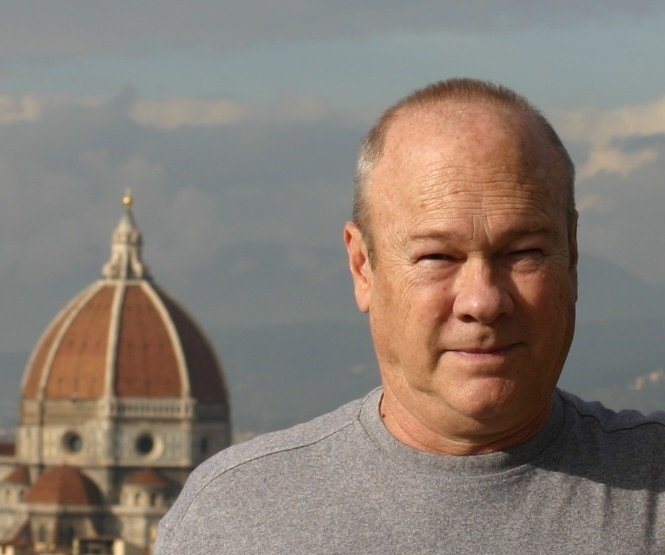Space Between
/Shakiba Hashemi
I learned about negative space in art class.
My teacher said, without the emptiness
between the objects, they would clash
into each other and become one.
The nothingness around everything
is what makes all the difference.
I didn’t understand it then
but I do now. Now all I think about is negative space
and distances and how far apart we are
since you left. Today I found the birthday card
you gave me when I turned twelve.
I didn’t look at the words as much as the gap
between them, and wondered what you meant
by leaving an empty hole between love you,
and always. I asked mom where you were
and she told me the story of the heaven
and the sky. If she is right and you are in heaven
with grandma and uncle Mo,
what do you all do when you get bored?
Do you play in the bouncy house of clouds,
twirling around in the ether like a bunch of loons?
I can still feel you, like I felt the sun
this morning, radiating through the blinds,
waking me with its rays.
I bet you are very close, and if I blow you a kiss
it might hit you. I just did it, did that tickle you?
Sometimes I close my eyes and wrap my arms
around your hollow embrace. And sometimes
I gaze into the abyss hoping that you stare back at me.
It drives mom crazy when I talk to you like
I am doing now. She puts on her headphone
and does her Zumba routine like a whirling dervish,
trying to forget her pain. She believes
in the heaven story and heaven is too far away.
My art teacher would probably say
that you simply blended into the negative space.
And there you are, posing for me to draw
your holographic portrait. All I need
is tracing paper, a rainbow to set the mood
and stardust to cover your face.
Shakiba Hashemi is an Iranian-American poet, painter and teacher living in Southern California. She is a bilingual poet, and writes in English and Farsi. She holds a BFA in Drawing and Painting from Laguna College of Art and Design. Her work is forthcoming or has appeared in Atlanta Review, Tipton Poetry Journal, I-70 Review, The Indianapolis Review, Cream City Review, The Summerset Review and the New York Quarterly Anthology Without a Doubt: poems illuminating faith.





